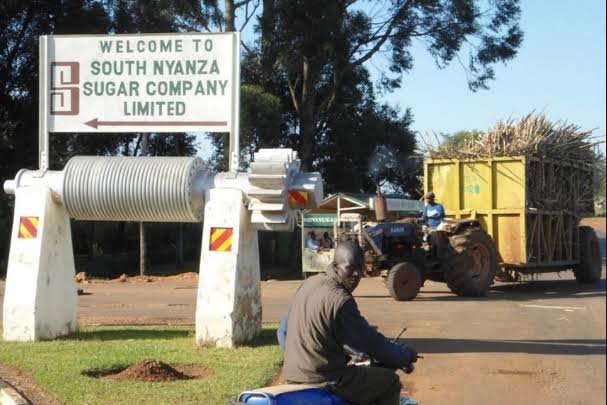South Nyanza Sugar Company Limited (SonySugar), one of Kenya’s iconic sugar producers, has issued a sweeping redundancy notice to all employees, effective 31st October 2025.
The decision, communicated by Marine Dina, Managing Director of SonySugar, comes as a direct consequence of the government’s controversial leasing of state-owned sugar mills to private investors earlier this year.
The Migori-based miller, established in 1979, has been leased to Busia Sugar Industries under a 30-year agreement and will operate under the new name New Sony 2025.
The current notice cites a directive from the Principal Secretary of the Ministry of Agriculture and Livestock Development as the final catalyst for the painful restructuring, which will see hundreds of workers lose their livelihoods in compliance with the Employment Act 2007.
While the redundancy announcement assures employees they will receive all entitlements under Section 40 of the Employment Act and applicable collective bargaining agreements (CBAs), it provides little comfort to workers facing an uncertain future.
The termination letters, expected to be issued imminently, will detail severance packages and final dues, but many employees fear these provisions may not adequately compensate all their arrears such as the billions in salary and allowances or for the loss of stable employment in an area with limited alternative opportunities.
The government has also stated that those who want to work under the new ownership will have to submit fresh applications to get positions.
This development raises urgent questions about the government’s plans for mitigating the socioeconomic impact of the privatization process, particularly in the Nyanza region where SonySugar has been both a major employer and economic pillar for decades.
The company’s abrupt closure follows years of financial struggles exacerbated by cheap sugar imports and mismanagement allegations, yet the timing and scale of the redundancies have left many questioning whether adequate transition plans are in place.
Local leaders and labor unions are already intensifying calls for comprehensive retraining programs and investment in alternative industries to prevent the collapse of entire communities that grew around the sugar belt.
The coming weeks will test both the government’s commitment to protecting vulnerable workers and the new investors’ willingness to engage with the human legacy of the factories they’ve acquired.


